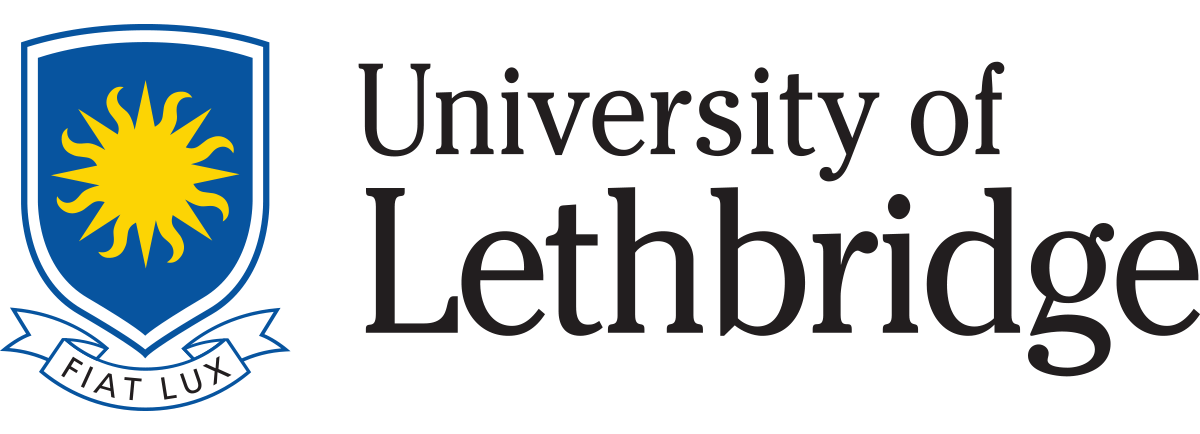I haven't published very much that is purely on ethics, but several things I've done on the environment, climate, and even epistemology have overlapped into or had implications for ethics. Here are two items that are mostly (though not entirely) ethical:
Knowledge versus Opinion: Two models of professionalism.
The ideas in this paper were derived in part from teaching a course called Engineering Ethics and Environmental Concerns, in the Faculty of Engineering Science at the University of Western Ontario, 1993-6, partly from some years of experience in the building industry and working in my father's architectural office, and partly from long exposure to the notions of professionalism learned from my uncle, Grant Whatmough. The paper was written in collaboration with Jan Shepherd, with whom I co-taught the engineering ethics course a number of times.
Here again is a link to my more recent paper on ethics for climate scientists; specifically, on the problem of scientific reticence and how and why to avoid it:
A Different Kind of Rigor: What climate scientists can learn from emergency room doctors.
This is not just on the ethical obligation of scientists to speak out but on the methodological challenges they face when doing so. I argue that climate and other scientists can take a cue from professionals in engineering and medicine, who for centuries have had to learn how and when to make decisions or recommend actions in real time and in the face of imperfect information.
The following paper expands upon provocative but poorly-understood remarks by Aldo Leopold in order to define a role for ethics in ecological sustainability:
Symbiosis and the Ecological Role of Philosophy.
Leopold's idea, in short, was that ethics is the human way of being symbiotic. But for this to mean anything beyond a feel-good platitude, a biophysical analysis of symbiosis is required. From this point of view, human ethics, philosophy, art, and culture can be seen as factors that can, as it were, impose a signal on flows of energy. Very subtle features of human behavior and culture can be amplified so as to have a powerful influence on whether an ecology is sustainable. These are important points that I hope to develop in more depth in future writings...


